Filmmaker Jane McAlister on the fight to get her indyref campaign documentary in front of audiences
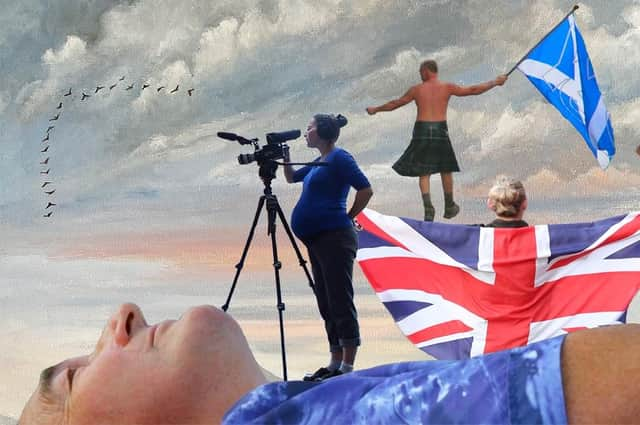

It offers a cinematic snapshot of the impact the final months of the 2014 Scottish independence campaign had on a dedicated activist – filmed by his pregnant daughter.
It took Jane McAllister the best part of a decade to finish and release the documentary she ended up making by accident after she initially agreed to help with her father's campaign efforts.
Advertisement
Hide AdAdvertisement
Hide AdAnd she is taking the film to cinemas, village halls and churches across Scotland to take audiences back to the summer of 2014 and the dramatic countdown to the nation’s day of destiny on 18 September.
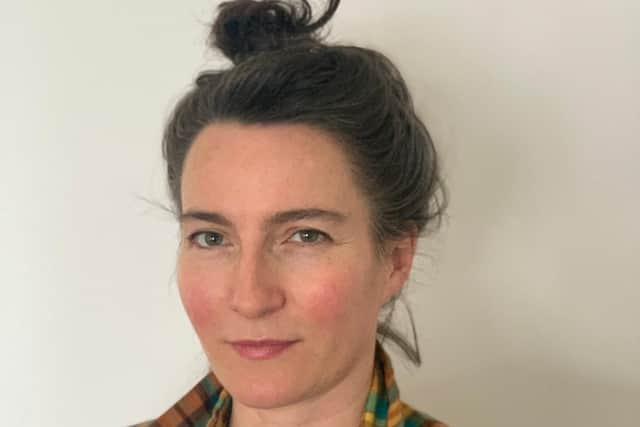

But the filmmaker says her documentary has only seen the light of day thanks to a crowdfunding campaign after it was initially shunned by film festivals, broadcasters and arts venues.
She has spoken out about a “fear and timidity” in Scottish culture after being repeatedly told that her documentary was “too political" to support.
She has suggested To See Ourselves fell victim to a “form of self-censorship" and was “pre-judged” because of its subject matter.
Her documentary follows the highs and lows of the referendum campaign through the experiences of Fraser McAllister, an SNP councillor in East Lothian at the time of the referendum, as he battles to win over the people of Musselburgh.
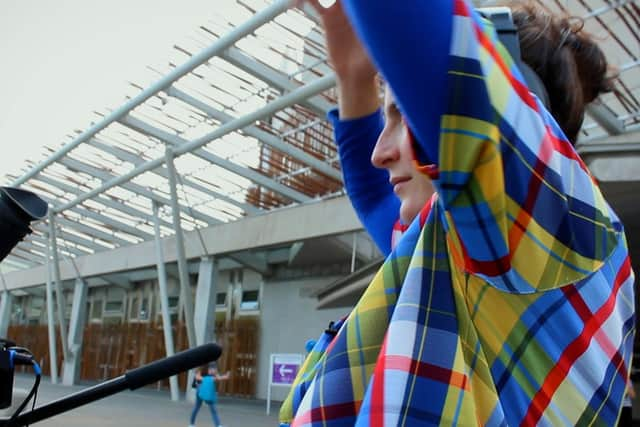

She initially started filming her father with the intention of helping him to put campaign videos out on YouTube, but became fascinated with the reality of what was involved in his activism and the impact it was having on his life.
McAllister shot the footage while she was looking after her first child and was pregnant with her second.
Advertisement
Hide AdAdvertisement
Hide AdShe recalled: “I didn’t have a plan beforehand and didn’t review the footage as I was going, as I just didn’t have the time. It was a king of gathering process. I ended up with around 400 hours of footage, which was just ridiculous.”
McAllister faced a series of funding “roadblocks” over her ambitions to create a six-part series, before deciding to focus on a documentary feature, but faced more barriers when she tried to get film festivals to pick it up.
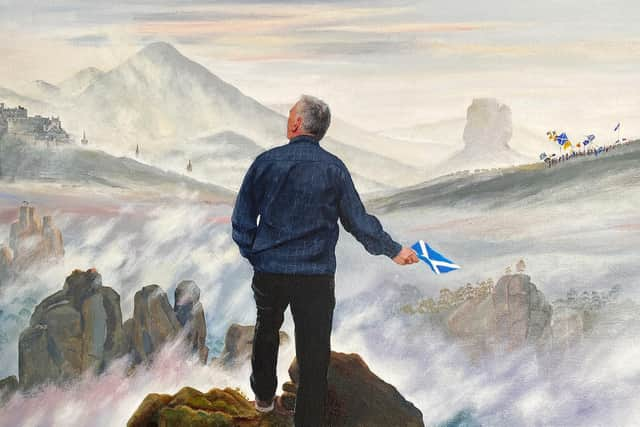

She recalled: “I thought I had a good documentary but all the feedback I got was that it wasn’t. You start to really doubt yourself, which is really hard. For whatever reasons, festivals just kept saying no.”
McAllister’s film, which she describes as “observational and fairly nuanced” was completed by the spring of 2023 but with no prospect of it being shown anywhere she decided to run a month-long crowdfunding campaign, which raised more than £25,000.
She said: "The first bit of validation I got was after the success of the crowdfunder. Venues started to really back me. The people at the coalface watched it and wanted to stand by it because they felt it was quality work."
As word of mouth has spread, McAllister has managed to stage around 30 screenings, with more planned in Musselburgh, Duns in the Borders and at the Folk Film Gathering festival in Edinburgh.
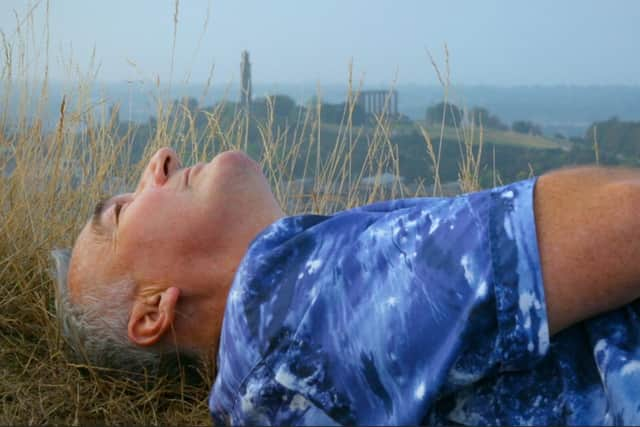

McAllister said: I think it has started to snowball now as venues can see that other people are standing by the film.
Advertisement
Hide AdAdvertisement
Hide Ad“There were some venues that wouldn’t even let me pay them to put a screening on. They just didn’t want to be seen to align themselves politically with anything. There has been a lot of pre-judging it because of the topic.
"I think there seems to be a fear and a timidity within our cultural gatekeepers. They don’t seem to want anything that might become controversial.
“It’s almost like a kind of BBC impartiality has been overlaid across our cultural output in Scotland, especially when it comes to political elements.
“If our arts can’t represent politics in any way or if it is immediately dismissed as a hot potato then we’re really cutting something out of our culture. Culture informs politics and politics informs culture.
"Yes, there is a political backdrop to the film, but it is also about family and community, as well as what it means to be an activist and what the emotional impact can be.”
Comments
Want to join the conversation? Please or to comment on this article.
